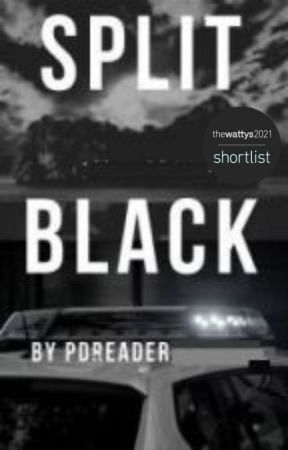The Sans Souci Motel, built right on the beach in 1958, during the heyday of the little seaside amusement park, marked the south end of First Street. Its cinder block walls, bayside pool, and yellow sign with one palm tree reminded John of milkshakes and fries, 1950's Cadillacs the size of beached whales, and movies like American Graffiti. Its upstairs room on the very end with a big beachfront picture window cost more than the rest, but John took it anyway. Tonight, he had an excellent reason not to stay with Ma.
He trudged into the bathroom for a shower and to scrub and hang up his underwear; he hadn't expected to be here overnight. Tiny yellow tiles, ancient plumbing, and the cracked stopper that didn't quite fit the sink also said nineteen-fifties, in a different way from the exterior. John closed the shades early against the streetlight streaming in from the boardwalk and stretched out on one of the double beds.
As he drifted off, he found himself back in the gym at Duke in his team uniform, warming up for his most crucial game. An NBA scout would be in the stands; this was the time he most needed to play well.
The paralysis he felt in the dream had been real. What seemed so effortless in every other game was sheer torture now. He felt like a neophyte high school kid, a second too slow, in the wrong place at the wrong time. He didn't get booed, but every time he relived that game, asleep or awake, he found himself thinking it was a miracle.
He remembered now, even as he dreamed it, that he'd relived this game in dreams before, that he dreamed it a lot. Always, the terrible shame of performing so poorly—Coach hadn't even said anything, just averted his eyes and stopped himself from shaking his head—and that had made John feel even worse. That, and: What would Ma say?
Ma already had him on an NBA team, pulling down millions of dollars a year. Going home for breaks was weird. She'd stop baggers and cashiers in the supermarket to brag. "Oh, Joyce, this is my son, Johnnie," she'd say, putting an arm around him. "I was just telling her all about you, Sweetie, how you're headed for the NBA next year. Johnnie's going to buy me a car!" she'd say, while John stared down at the floor, hoping desperately to disappear somehow, even though he stood over six feet.
Then he was waking in discomfort and dread, tangled in damp, clammy bedsheets. Orange streetlight crept around the blinds and lit up the room, and he remembered. The beach. Clay's house. Bill Pride was dead.
His memory backtracked, half asleep, to that community college homicide investigation course with Pride. His experience and that of his buddies, riding patrol in Church Hill and Hillside Court, had been that detectives were sort of like bulls in suits. They charged in like every crime scene was Pamplona, scattering everyone to the periphery and barking orders: "Robin! You run the pad!" Some were less brusque, a few were friendly, and one or two were known for screaming the place down if you so much as parked your patrol unit in a manner that didn't suit them.
Pride had been a character from the moment he'd strode into the classroom and introduced himself. He'd memorized everyone's name by the second class, and he kept everyone alert with wry jokes and so many fascinating stories of homicide investigations that he'd have to cut them short and finish them after class in order not to fall behind the syllabus. He'd pace the aisles while he talked, trailing a faint scent of Rocky Patel cigars. Everything about the man was a cut above your average police detective: his physique, the red convertible BMW 325i he drove, his curly dark hair and moustache, his suits that would fit right in behind acres of polished cherry at a bank. The three young women in the class always fluttered as he passed.
John didn't normally hang around cop bars, but several of his classmates always went to Rosie Connolly's Pub after class, and kept inviting him to come. Toward the middle of the term they started gossiping about Pride at the pub, and the tales pulled John along. Bill Pride had gone to law school at UVA. The local public defenders hated calling him to the stand because he was meticulous and smart, his looks and manner appealed to the jury, and he never turned a hair. Tom Benteen, who'd been the first officer on the scene on a homicide Pride had worked, recounted, amid hoots of laughter, watching Pride make a total fool of the public defender when the case went to trial.

YOU ARE READING
Split Black /#Wattys 2021
Mystery / ThrillerWATTYS 2021 SHORT LIST**HEART AWARDS FOURTH PLACE. FORMER #1 PROCEDURAL. Detective John Robin discovers the murdered body of the hotshot homicide chief who recruited him to the city's "A Squad", rabbi'd him up to detective, and taught him so much. D...

